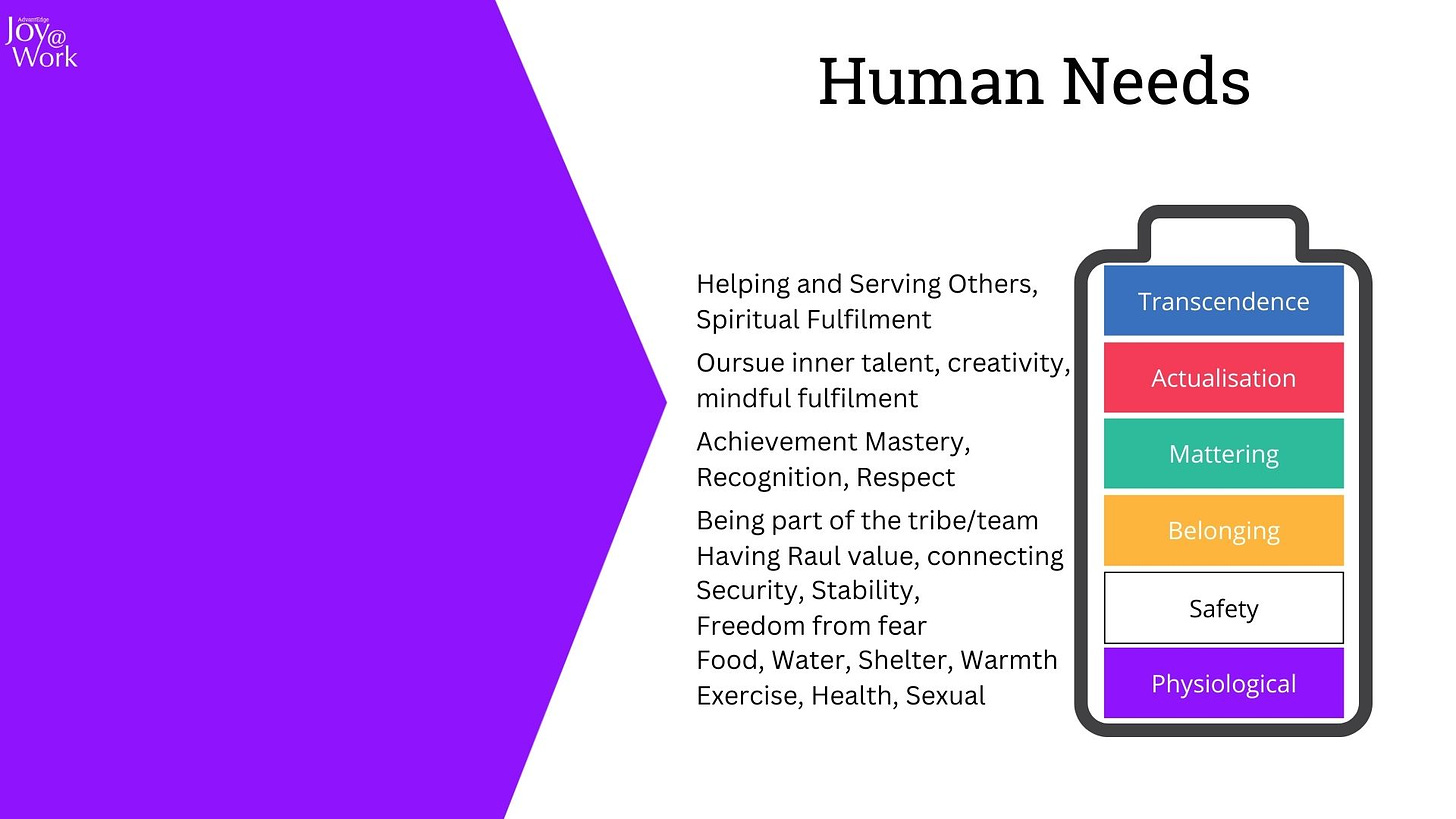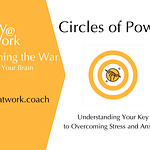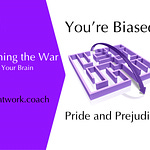In this AdvantEdge Guide we’ll learn that leading a team requires understanding the different needs of each team member. A great leader is someone who has the ability to empathise and be compassionate with each team member and see things from their perspective. By doing this, the leader can help each individual in the team realize their full potential, and maximize the collective potential of the whole team.
Imagine that your needs are like a discharged battery that you are able to charge through your life activities.
When the bottom cell is sufficiently filled, the next cell can be charged. All human beings have 6 essential needs, or power cells.
Though, some people have faulty power packs - with a corrupted sixth cell that has been taken over by a leaky fifth cell. That is, they care less about other people because their self-esteem is so overfilled they hold others in total contempt - because they matter less than me!
Beware overfilling any one cell: Gluttony and Obesity with an overfilled Cell 1, Excessive risk taking for Cell 2.
And many have a leaky battery, where their own needs never get filled.
What does this mean for you as a Leader?
Every leader needs to understand:
1. Your own needs need to be met BEFORE you have enough to give others, and
2. Whilst things may look OK on the surface - people tend to hide their emotional needs fearing that they are the only ones who have them.
By this, you’ll be better able to ask the right questions and better positioned to serve others and help them fulfil their real needs.
Empty Power Pack
If your needs are not met, you are an empty shell. Imagine that your brain is being powered by a rechargeable power pack.
The very first thing that you need when you are born is air. Soon after you need food, warmth and shelter. Sorry to tell you, but you were born needy and totally dependent upon others for your basic survival, and that is our first and primary need…
What does this mean for you as a Leader?
1. If you’re running on empty - you’re not much use to anyone!
2. As a leader, you help your team understand what they need and how you can help them satisfy those needs.
1 - Basic Survival Needs
Basic Survival means that you have air to breathe, are properly fed and watered, you are in good health, have suitable shelter to stay warm and rest and your sexual needs are being met.
As a responsible leader you owe a duty to yourself and your continued good health to ensure that you enjoy good rest and sleep, exercise regularly and eat healthy, nutritious food.
What does this mean for you as a Leader?
1. If you don’t look after your health, exercise, sleep and nutrition - you won’t be able to achieve much.
2. Encourage and guide your team into a healthier lifestyle of good nutrition, suitable exercise and proper rest and sleep.
2 - Need to Feel Safe
We all need to FEEL and be safe and secure and be free from fear.
In organisations, Psychological Safety is the #1 differentiator for personal and team effectiveness!
What does this mean for you as a Leader?
1. If you do not feel safe and secure and free from fear - then you are likely to make this even worse for your team.
2. As a leader, allow your team members to speak up without any negative repercussions. Protect them from other leaders. Encourage all members to speak up freely and always encourage useful conflict and opposing ideas. Encourage everyone to build on previous statements with “Yes, and…” (NOT “No…But…”)
3 - Need to Belong
We all need to truly belong to a tribe of people connected to us and who help us meet our needs. A tribe where we have equal value and treated as equal.
What does this mean for you as a Leader?
1. You need a tribe too! If it’s lonely at the top - you ain’t leading, you’re on a walk!
2. Treat all team members equitably - they may not be equals but they have equal value! Encourage sharing, and proactively acknowledging each other.
4 - Need to Matter
When our base needs are being met, we need to be recognised that we matter and that what we do matters.
What does this mean for you as a Leader?
1. Learn to recognise and appreciate yourself. Respect yourself and achieve mastery in your leadership walk.
2. Go out of your way to “Catch them doing something good!” - and deliberately recognise all team members achievements, individually and specifically. Not a catch all - “great job team!” - that’s about as genuine as it seems to you. Show complete respect for others and especially your team members. Coach them for mastery in their roles and beyond.
5 - Need for Fulfilment
When we are healthy and safe, we belong to a tribe and we matter: we need to pursue our God given talents, to be creative and to fulfil our destiny
What does this mean for you as a Leader?
1. Leadership develops daily! Pursue excellence and keep learning how you can be and do better. Think before you speak and remember to Pause and Breathe.
2. Encourage, Develop, Guide and Empower your team members daily! Your task is to make them better than you. That’s what will be noticed by those higher up the food chain.
6 - Need to Serve Others
When we are personally fulfilled, we transcend to think more about others than ourselves. We need to give and to serve and to fulfil our spiritual selves.
What does this mean for you as a Leader?
1. You will only be truly fulfilled when you give and give some more. If you have yet to uncover your purpose in life - here’s a clue that will save you many hours - “it’s not about you! You were born to serve others.” How you serve them - that’ll be your gifts to them.
2. As a Leader your job is to serve others and when your power pack is filled to bursting, you can charge them up and help them find out and practice how they too serve others.
Putting this into practice
You need to be able to help your team fill their own power cells and ignite their destiny and purpose. Every team member has different needs and motivations and it’s the job of the leader to understand and meet those needs through different strategies.
They need to feel accepted, respected and that their ideas matter. Leaders should be mindful to include emotional intelligence in their leadership strategy. They should be cognisant of the emotional needs and psychological dynamics of their team and give team members the space to express their feelings.
Leaders should use empowering language and be mindful of their team’s limits. Each team member should have meaningful work and have opportunities for growth. Leaders should also be conscious of what their team members value and strive to provide them with those things.
It is also the leader’s job to foster a team environment where team members can collaborate, solve problems and grow together. Leaders should recognise the importance of building trust and rapport within the team, and ensure that all team members are treated fairly and equally.
Finally, leading a team requires understanding the different needs of each team member. A great leader is someone who has the ability to empathise and be compassionate with each team member and see things from their perspective. By doing this, the leader can help each individual in the team realize their full potential, and maximize the collective potential of the whole team.
If you need an outside voice with a fresh perspective to challenge and empower you, your team, or business to a new level of performance and engagement then let’s talk now.
Basic Survival Needs, Feel Safe, Belong, Matter, Fulfillment, Serve Others, Psychological Safety, Emotional Intelligence, Empowering Language, Meaningful Work, Opportunities for Growth, Trust, Rapport, Empathy, Compassion, Potential, Maximize Team Potential
















Is Your Battery Running Low?